The Romeo & Juliet ‘child nudity’ lawsuit could change Hollywood forever
Two stars of the 1968 version of ‘Romeo and Juliet’ are suing Paramount for duping them into appearing naked in Franco Zeffirelli’s classic. But, says Geoffrey Macnab, regardless of whether it succeeds, this looks like a landmark case
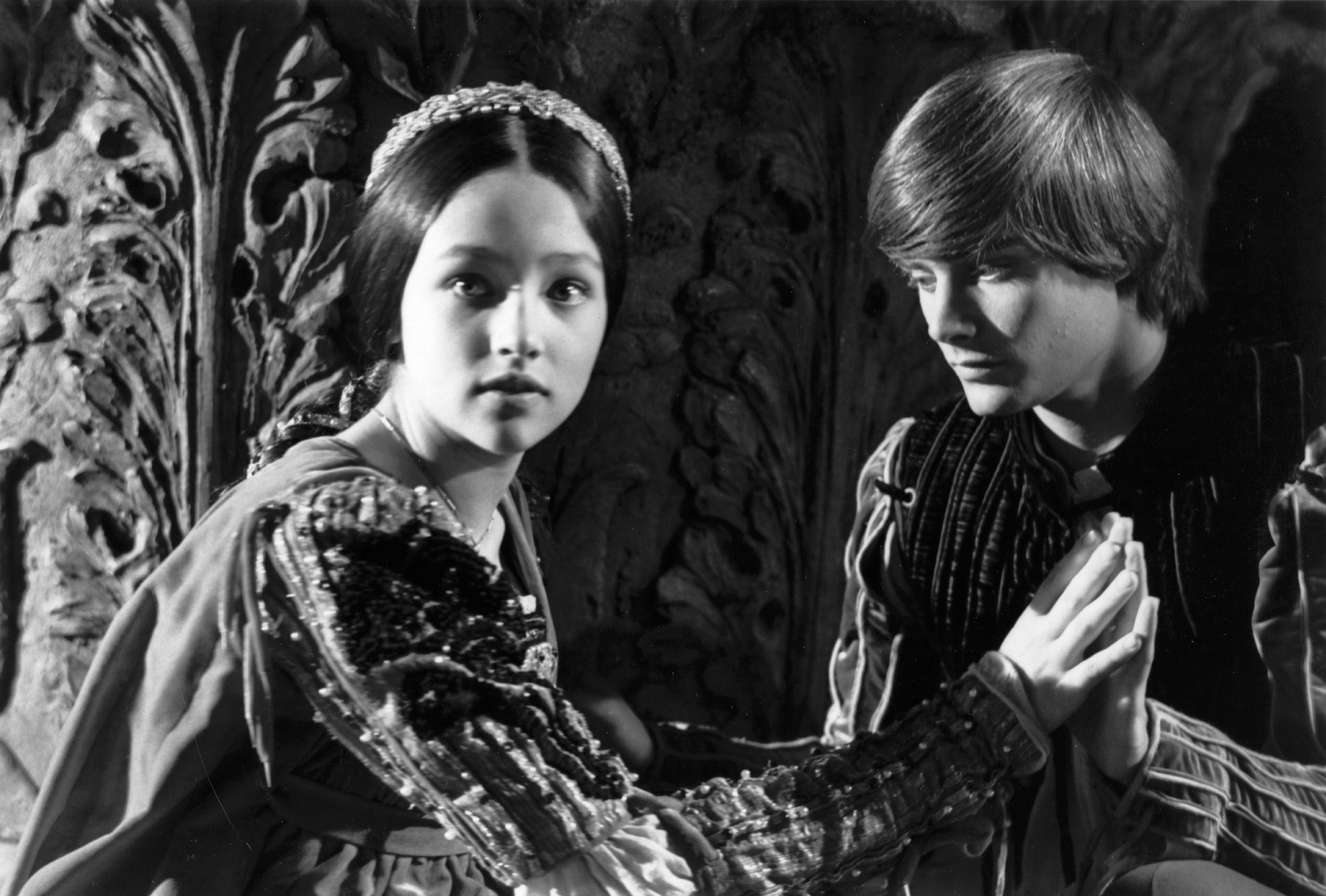
Never take your clothes off for a middle-aged man who claims that it’s art.” This is what Maria Schneider once said in the UK press as a warning to young actors. She would know, having had her own traumatic experiences as a 19-year-old playing Marlon Brando’s young lover in Bernardo Bertolucci’s sexual psycho-drama Last Tango in Paris (1972).
Last week, two now venerable actors, Olivia Hussey and Leonard Whiting, expressed regret that they didn’t heed Schneider’s advice more closely. They alleged that 55 years ago they were tricked into appearing naked in Franco Zeffirelli’s celebrated 1968 screen version of Romeo and Juliet.
Many English literature students will remember the scene in question. Hussey was only 15 when she shot it. Whiting was a year older. Romeo and Juliet are shown waking up naked in bed together at dawn after their secret wedding night. Juliet begs Romeo to stay with her but realises that he is in danger. “Now be gone,” she implores him. They’re so besotted with each other that they can hardly pull themselves apart. During the early part of the scene, fleeting glimpses are caught of Hussey’s breasts and Whiting’s backside.
No one is going to mistake this for a porno picture. Its premiere was held in March 1968 at London’s Odeon, Leicester Square, in the presence of the Queen, the Duke of Edinburgh and the Prince of Wales. The British Board of Film Classification gave the film a PG certificate, which means children can watch it. Nonetheless, the two actors were minors when they made it.
Hussey and Whiting, both now in their seventies, are suing the film’s producers Paramount for a reported $500m (£414m) for sexual abuse, humiliation and fraud. If they win, the floodgates might open. They’re not the only naive, young actors who could claim to have been taken advantage of by directors they trusted. Jenny Agutter was 16 when she made Nicolas Roeg’s brilliant, Aussie outback-set Walkabout (1971), and later admitted to feeling “very uncomfortable” about appearing naked in it. Brooke Shields, who was dubbed “the next Lolita” after playing a child prostitute in Louis Malle’s Pretty Baby (1978) when she was 11, claimed she wasn’t “personally scathed” by the experience. She did, however, admit that she’s not sure the film could be made today.
Many of our greatest auteurs have also had a pronounced sadistic streak. The #MeToo movement may have highlighted abuses and bad behaviour off-set, but certain directors are at their most manipulative and malevolent when the cameras are rolling. From Rainer Werner Fassbinder – the enfant terrible of 1970s German cinema – provoking and humiliating his cast members, to Otto Preminger exploding into tantrums, you don’t have to look far to find instances of bullying and harassment on movie productions.
Ohio-based manager, PR specialist and producer Tony Marinozzi is advising Hussey and Whiting in their lawsuit against Paramount. “I initially didn’t have my head around the whole ordeal of what they had gone through,” Marinozzi tells The Independent. “People now falsely think that they [Hussey and Whiting] are these wealthy people profiting from a film that was done. That is not the case. Neither one of them are living high lives.”
Romeo and Juliet was a hit when it came out and has remained in circulation ever since, but the actors haven’t profited. According to Marinozzi, Hussey had to pay Paramount to licence images of herself in the film for use in her autobiography, The Girl on the Balcony.
In the book, Hussey writes that when she was auditioning for Romeo and Juliet, Zeffirelli threw “crunched up paper balls” at her face during one of her monologues. She yelled at “this terrible man who was embarrassing me” to stop. He replied, smiling: “No, my darling, that was what I wanted to see, passion.” It’s a revealing anecdote that hints at the mind games filmmakers will often play to get the performances they want.
Hussey has spoken positively about Zeffirelli in the past and refers to their “wonderful collaboration” in her autobiography. In a 2018 interview, she said the sex scene in Romeo and Juliet was done “very tastefully... it wasn’t that big of a deal. I just completely forgot that I didn’t have any clothes on.” She also wrote that Whiting “loved” shooting the scene. “Blessed with an extrovert’s enjoyment of attention and a total lack of shyness, he cared not one bit about the rest of the world getting a good look at his bum.”
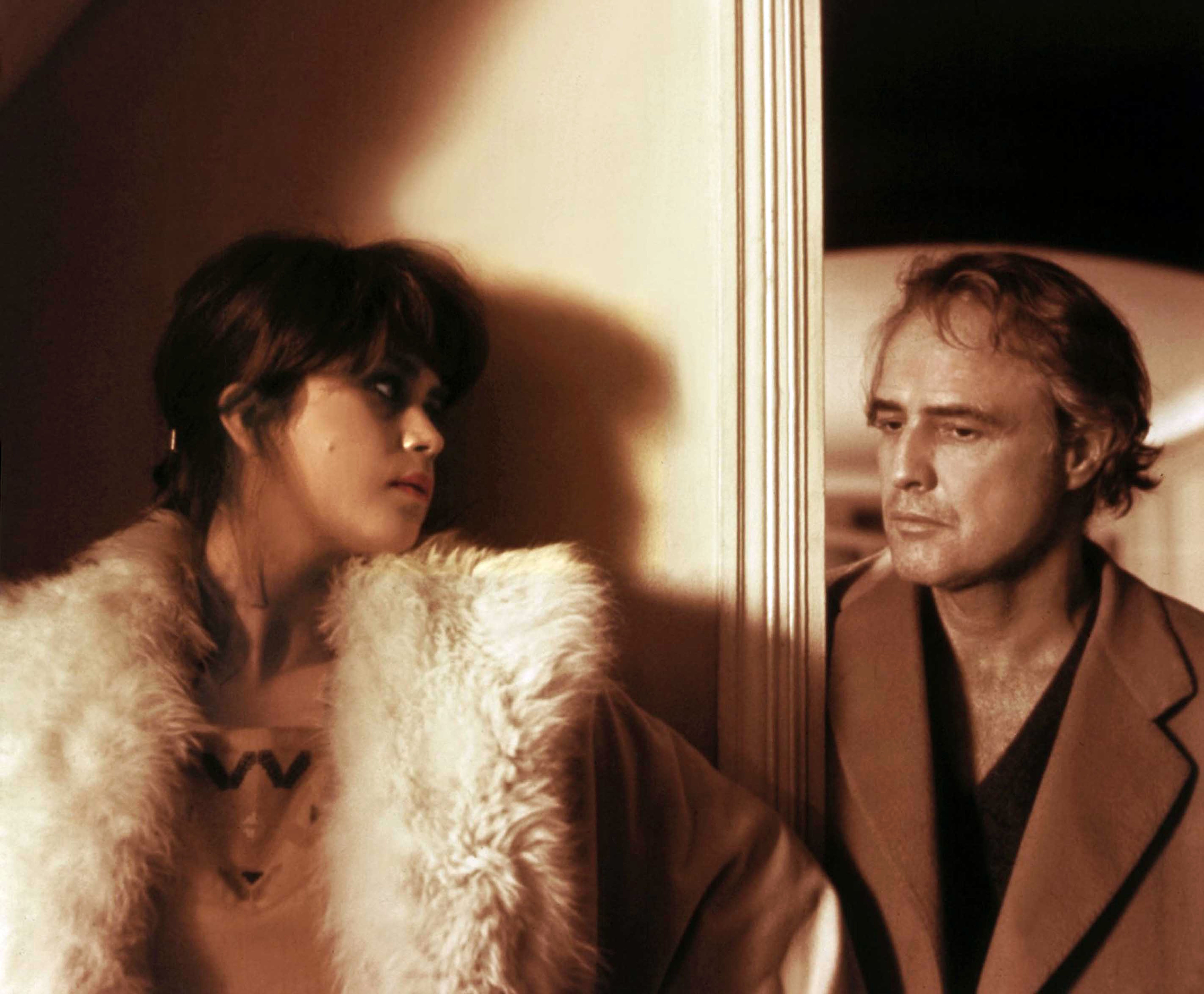
Earlier this week, Zeffirelli’s adopted son Pippo Zeffirelli expressed scorn about the “embarrassing” lawsuit, pointing out that both actors had maintained links with the director long after Romeo and Juliet was completed. That doesn’t change the fact that Hussey was still a minor when she made the movie.
In her autobiography, she writes about the pressure she came under from studio executives to lose weight. They put the teenager on pills to suppress her appetite. These had side effects, making her “hyper and strung out”. Only when her mother intervened were the pills thrown away.
Zeffirelli had built up a strong trust with the young actors. Marinozzi suggests this is exactly what enabled him to trick them. “The manipulation started at the beginning. They [the actors] will to this day talk about [how] charming he [was].” They were “in awe” of him and regarded him as “an artistic genius”. He believes, though, that this is no excuse for the “nude shot in there that wasn’t supposed to happen”.
The original idea was to film the scene with the actors in flesh-coloured underwear. Marinozzi says Hussey and Whiting were both upset when Zeffirelli changed his mind, but he gave them an “unequivocal” assurance that no nudity would be shown on screen. “[Romeo and Juliet] is a great piece of work artistically. No one is going to deny that. But he [Zeffirelli] knew they were minors,” says Marinozzi. He adds that he believes “the culpability here” is with Paramount.

The pattern here has been repeated in several other films. In Bertolucci’s Last Tango in Paris (1972), the director and his lead actor Brando came up with an idea over breakfast, as Brando ate a baguette, for what turned into the most objectionable scene in the movie. This is when Brando’s character, the grieving middle-aged American man, uses butter to sodomise his much younger French lover (played by Schneider).
It is a horrible moment. “What are you doing” and “no, no, no”, she yells at Brando but he carries on regardless. She was given no advance warning about what was going to happen. “Poor Maria. I didn’t have the occasion to go to ask her to forgive me,” said Bertolucci, who struck a regretful note when I quizzed him about the incident during a 2013 interview at the Rotterdam Festival. “When we shot this scene with Marlon using butter on her, I decided not to tell her. I wanted a reaction of frustration and rage.”
By then, Schneider had been dead for two years. In the years after making Last Tango, she had often spoken of the trauma and humiliation that the scene caused her. The shame of it stayed with her throughout her life.
If Hussey and Whiting are suing Paramount over what happened to them during Romeo and Juliet, Tippi Hedren would also surely have a decent case for taking Universal to court after her experiences on Alfred Hitchcock’s The Birds (1963). The climactic scene in which her character Melanie Daniels is attacked in the upstairs bedroom by little winged creatures who want to peck her to death was supposed to be done with mechanical models. That is what Hitchcock promised, but he lied. “The mechanical birds aren’t working, so we’re going to use live ones,” the director claimed.
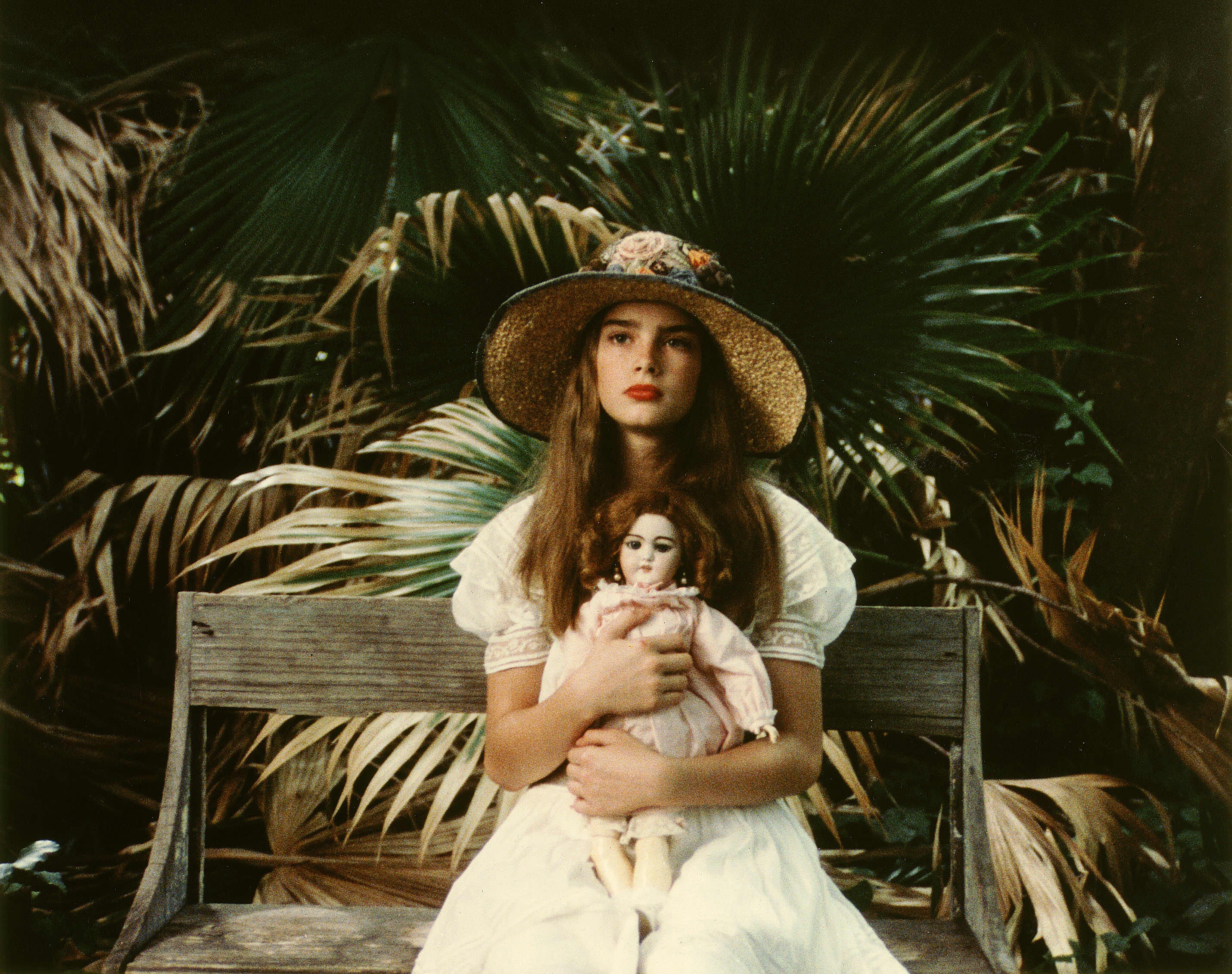
In her 2016 autobiography Tippi, Hedren describes how the handlers hurled flocks of ravens, pigeons and doves at her. “It was brutal and ugly and relentless,” she wrote. “I was never frightened, I was just overwhelmed and in some form of shock, and I just kept saying to myself over and over again, ‘I won’t let him break me, I won’t let him break me’.”
The star speculated that Hitchcock was trying to punish her because she had rejected his advances. That may have been the case, but the English director also wanted to get the most authentic performance possible. He was ambushing her, blurring the lines between real life and fiction, to heighten her acting. If Hedren looks as if she is struggling to keep the birds at bay, that’s because she really doesn’t have any control.
Hitchcock used rapid montage in the scene, just as he had with the stabbing of Janet Leigh in the shower in Psycho (1960) a few years before. The editing, though, can’t hide the fact that the “screaming, frantic” birds, as Hedren called them, and the actor are continually in the frame together.
“The bedroom scene lasted about a minute in the final cut of The Birds,” Hedren recalled. Hitchcock spent five days filming it. On the fifth day, the feet of some of the birds were tied to her so there was no way of keeping them at bay. She ended the scene “sobbing from exhaustion”. It’s one of the most memorable moments in the film but, 60 years on, it seems astonishing that no one among the studio executives or technicians intervened to stop Hedren’s avian-induced agonies.
Now, some of the young stars tricked and manipulated by their directors are looking for reparations. Marinozzi reveals that since news of the Hussey/Whiting lawsuit broke, he has been approached by other actors who would also like to take legal action against film companies they feel abused them.
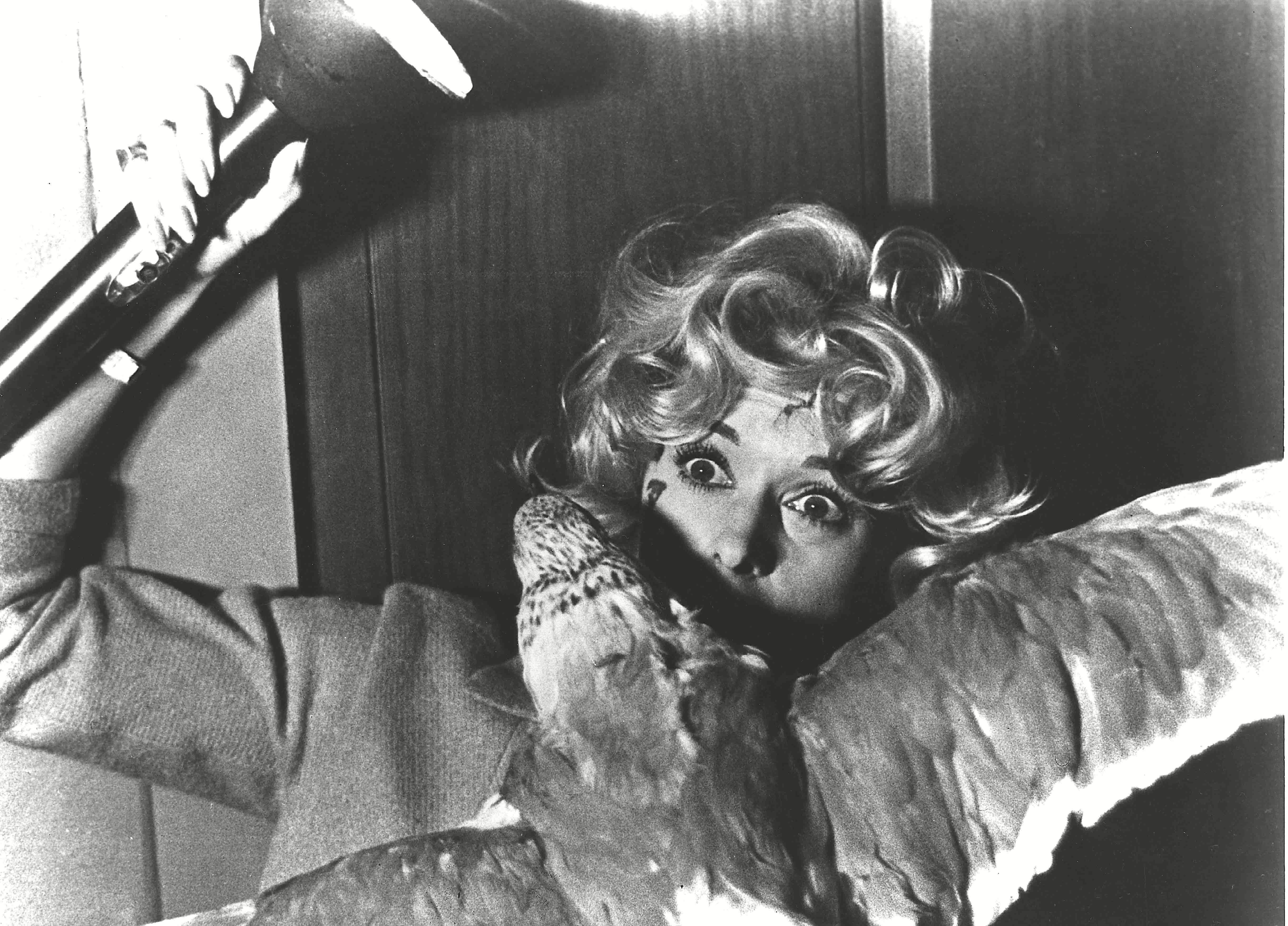
Paramount has yet to respond to the Romeo and Juliet lawsuit claim. While $500m seems like an astronomical amount to seek in damages, Marinozzi explains how the figure was arrived at. Romeo and Juliet was a major success on its first release and was later re-released – something very unusual for Hollywood movies. He likens it to James Cameron’s Titanic (1998), a huge hit that was likewise re-released successfully and that was also about star-crossed lovers. He factors in the film’s afterlife on VHS. Another point of comparison is Baz Luhrmann’s William Shakespeare’s Romeo + Juliet (1996), starring Leonardo DiCaprio and Claire Danes, which didn’t have nudity. “It’s not like we randomly threw these things together,” Marinozzi says of the half-a-billion figure.
Some are scoffing at the lawsuit because it has taken more than 50 years to submit and because it relates to a film long acknowledged as a classic. Regardless of whether it succeeds, however, this looks like a landmark case. If Paramount is held accountable in law, middle-aged male directors and the studios they work for are likely to think twice before reaching for the butter, unleashing the birds, or trying to talk very young actors into taking their clothes off.
‘Romeo and Juliet’ is available on Amazon Prime
Join our commenting forum
Join thought-provoking conversations, follow other Independent readers and see their replies
Comments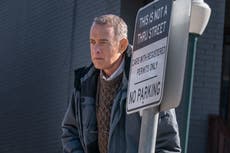


Bookmark popover
Removed from bookmarks